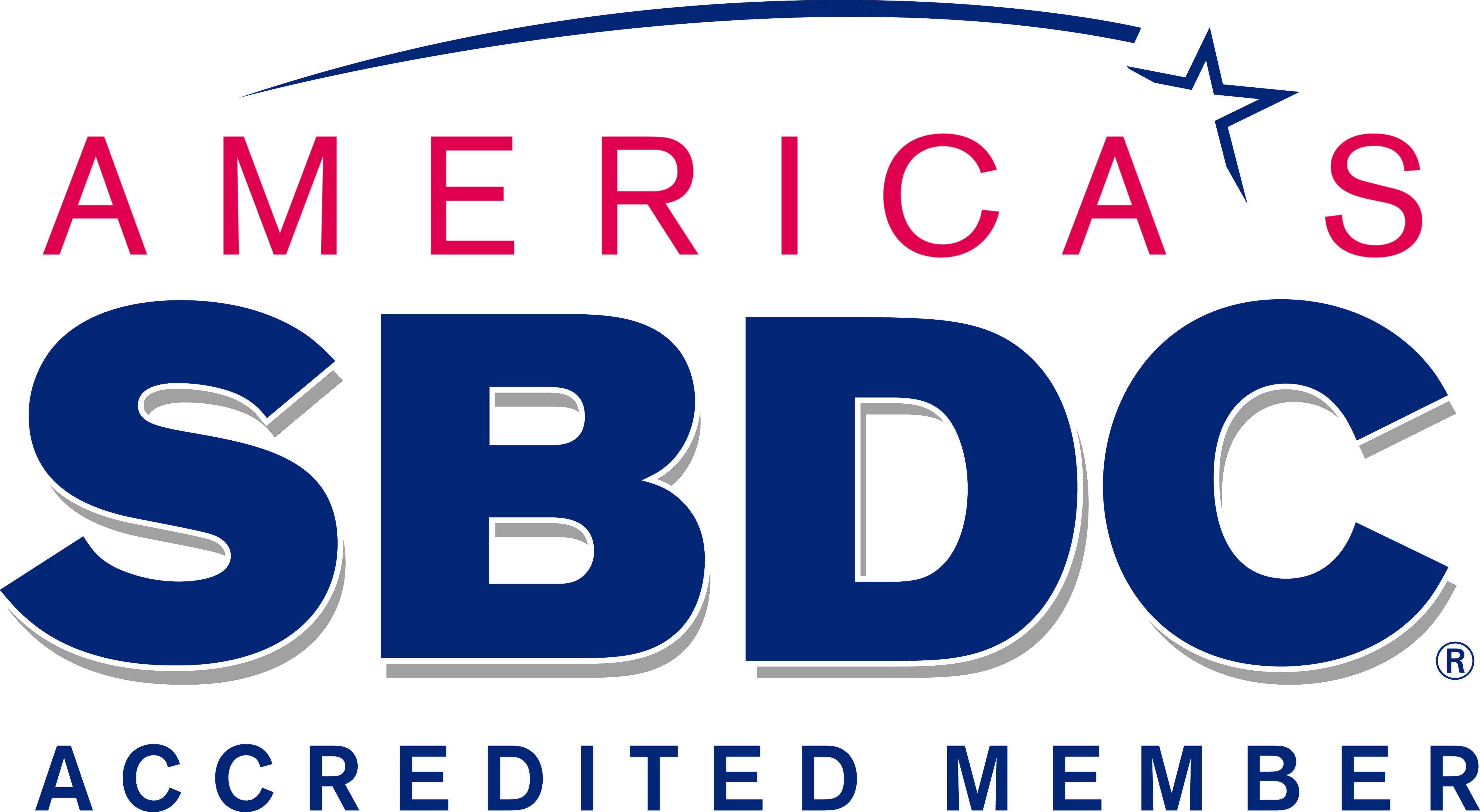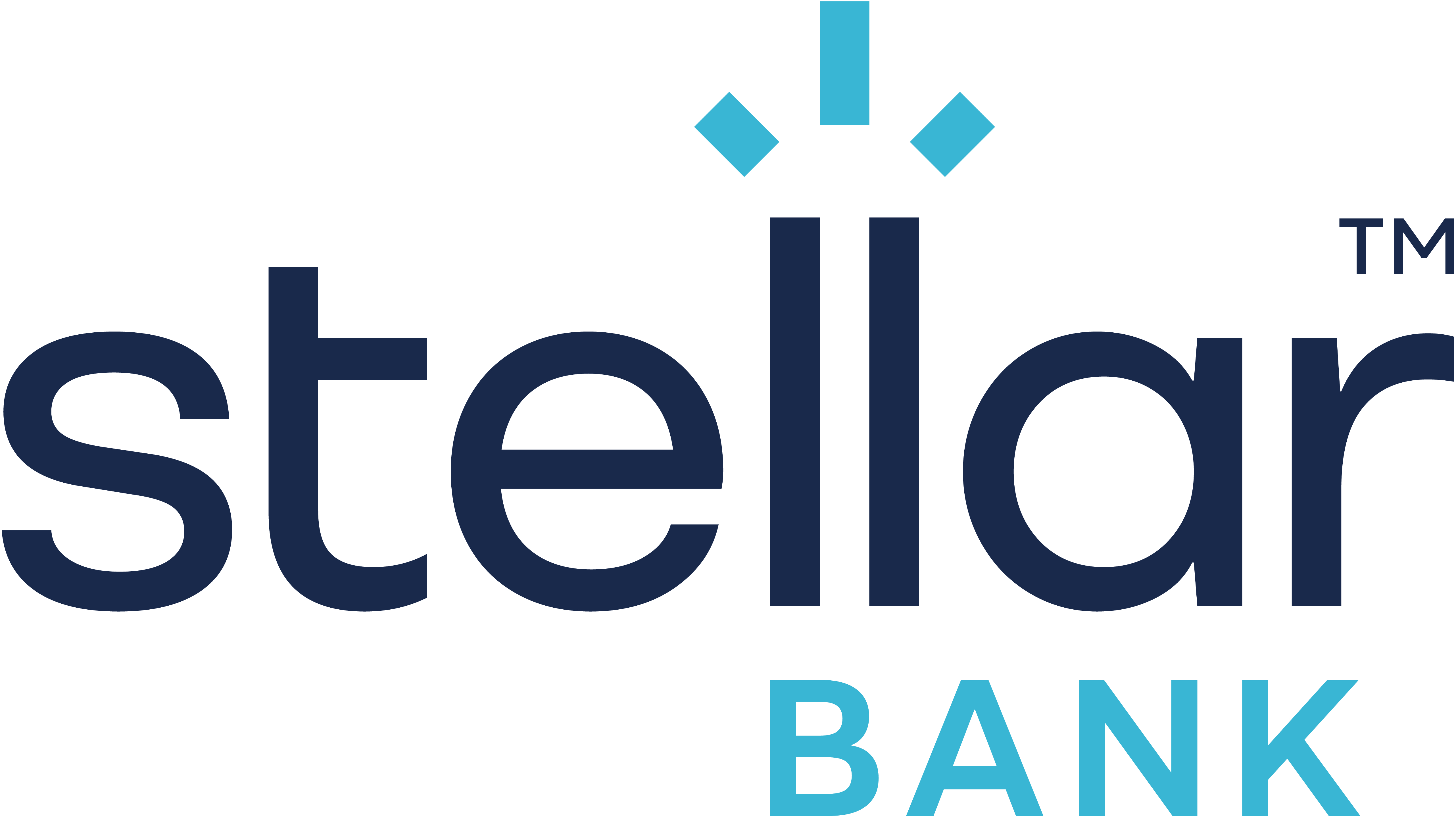5 Creative Ways Houston Business Owners are Adapting to COVID-19
By: Tatyana Parham
As state and local governments have imposed varying levels of restrictions throughout the COVID-19 pandemic, including complete mandated shutdowns for some companies, small businesses are being hit the hardest as they find it more difficult to connect with customers. Houston business owners have quickly pivoted to keep their businesses afloat and their services relevant during these times. Businesses are finding new ways to reach their customers, including alternative delivery methods, creating entirely new product and service lines, and replacing in-person meetings with virtual conferences as much as possible.
Here are five creative ways Houston business owners have adapted to the COVID-19 pandemic in their communities:
Mosquito Cafe and PattyCakes Bakery in Galveston
Restaurant owners in the Galveston area have been especially impacted by COVID-19, as early shut-downs prevented spring breakers from visiting the island, making some restaurants earn only 5% of their typical sales in the beginning of the year. With unused restaurant supplies and a demand for everyday household items due to the early grocery store shortage, many restauranteurs transitioned their businesses into small-scale grocery retailers available to the general public. James Clark, president of the Galveston Restaurant Association, and director of operations and managing partner of both Mosquito Cafe and PattyCakes Bakery, adopted this strategy for his restaurants and allowed customers to place grocery orders online.
"We're offering uncooked meats, eggs, fruits, vegetable, dry pastas, rice, salad kits, meal kits - pretty much anything that you could get at a grocery store within reason," Clark said. "We're trying to give opportunities to the community to be able to help support the restaurants but also go into a safer environment to pick up their groceries."
Bludorn, a new and trendy restaurant in the Fourth Ward, opened in the midst of regulatory changes influenced by the COVID-19 pandemic. The restaurant owners adapted their original operating strategy to fit the new social distancing guidelines, including opening the restaurant with increased outdoor seating; Plexiglas barriers between tables; more glass separating two banquettes and a clear, plastic barrier that can be adjusted as needed.
"They blend in well with the restaurant", says Victoria Bludorn, owner. "Some of them hang from black chains that go with the aesthetic. I can see right through them clearly."
Bludorn staff fills out surveys reporting the current status of their health and are given daily temperature checks. Additionally, there are sanitation station placed throughout the restaurant, and hand sanitizer is given out during hot towel service.
Also new to Houston, the owners of Rosie Cannonball used the pandemic as an opportunity to try fresh and intriguing ways to entertain customers. As the bar Goodnight Charlie's closed next door, the owners partnered with Goodnight Hospitality to create an outdoor-based dining area on the Charlie's patio, called the Spritz Patio. Adjacent to Rosie's traditional menu, Spritz Patio offers various Mediterranean dishes paired with refreshing summer-friendly drinks.
Guests wearing masks are able to check in for their patio tables with a QR code and agree to receive notifications if any other guests are determined to be sick at the time of their visit. Patio tables are spaced out at least 6 feet apart, under large umbrellas or beneath Charlie's giant outdoor ceiling fan.
Ronnie Killen, Houston business owner and restauranteur, recently opened Killen's, his comfort food concept located in the Heights. After a few permit-related troubles preventing him from opening back in 2019, he invested over $1.7 million on this new project, which was over 4x the amount he originally expected to spend. With the extra funding, Killen ensures the safety of all diners and staff members, mandating daily temperature checks and bi-weekly COVID-19 tests for all employees. At a friends-and-family night before opening, Killen implemented a standard for health and safety guidelines, enforcing all staff to wear masks, set up hand sanitizer stations, and use paper menus.
Gulf Coast Distillers, a distillery in Houston's East End, adapted to challenges created by the COVID-19 pandemic by introducing hand sanitizer to its line of products. Carlos de Aldecoa, President and CEO, said hand sanitizer was a perfect addition to their products because it uses ethanol, which is used to make spirits such as vodka and bourbon. Alongside their spirits, de Aldecoa says the company has the capacity to make upwards of 50,000 bottles of hand sanitizer a day. The new hand sanitizer is called C4U after de Aldecoa's son, Carlos IV, who was called C4.
The C4U hand sanitizer is being sold at local retailers such as HEB, but de Aldecoa said the company is partnering with FEMA and the Texas Division of Emergency Management (TDEM) to coordinate distribution of the hand sanitizer to those in need, like hospitals and first responders.
In order to get small business help to navigate the effects of the COVID-19 pandemic, visit our COVID-19 Resources page.







